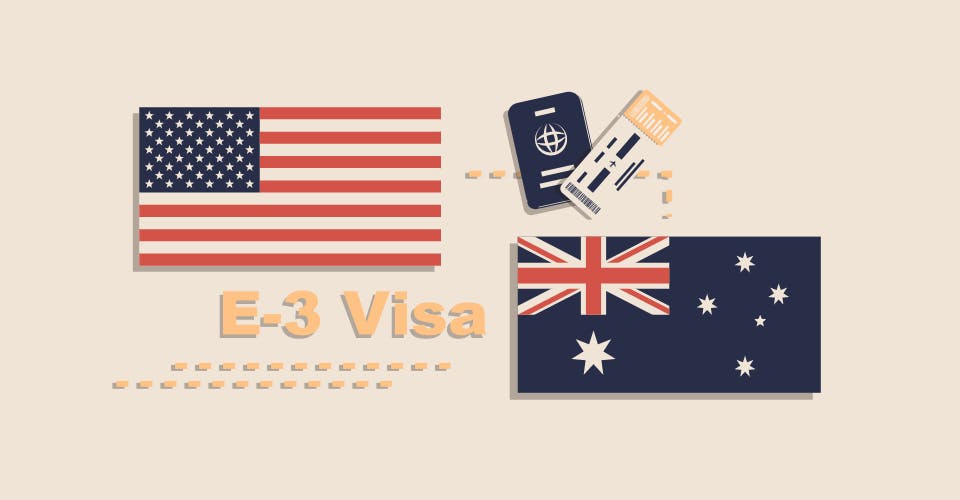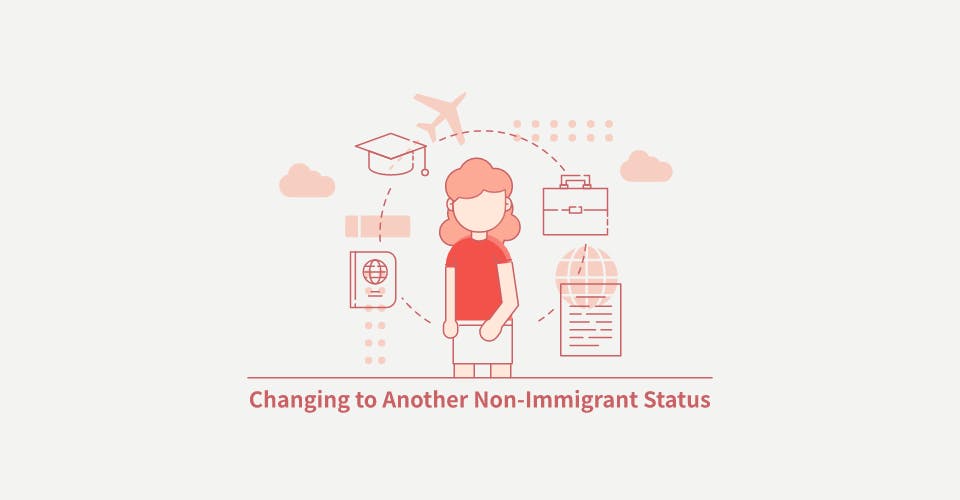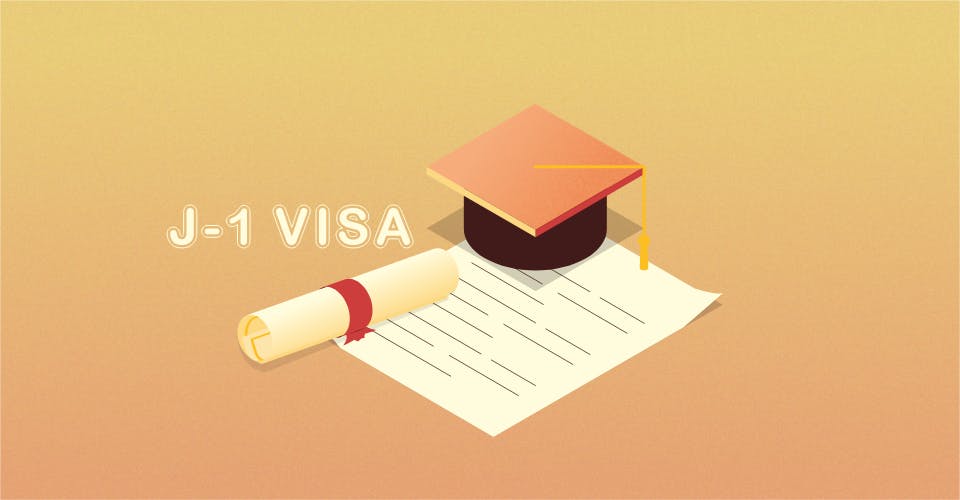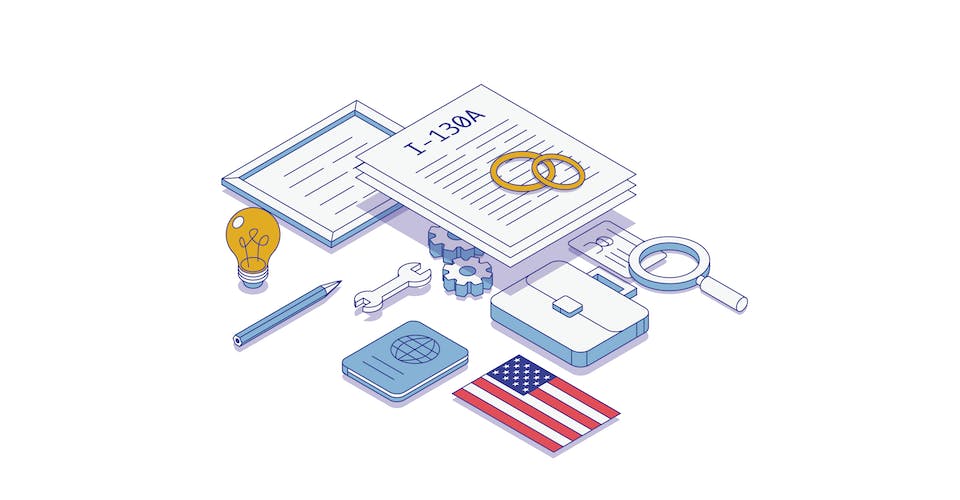You might be wondering what an E-3 visa is. That’s because it is not regularly covered in immigration blogs, but remains an employment based visa opportunity for Australian nationals to come to the United States and work in a specialty occupation. In fact, the E-3 visa classification applies only to nationals of Australia, their spouses and children under the age of 21. E-3 principal applicants must be going to the United States solely to work in a specialty occupation.
What is a specialty occupation?
According to the State Department, a specialty occupation has to have the following two characteristics:
- A theoretical and practical application of a body of specialized knowledge.
- The attainment of a bachelor’s or higher degree in the specialty (or its equivalent) as a minimum for entry into the U.S. based job.
There is no pre-defined list of jobs that are the standard for the E-3 visa, although the main category as stated above is that the job offer in the U.S. has to be given to a graduate of a university in a specialized field. Usually, these include the sciences and humanities, for example.
Benefits of the E-3 Visa
Unlike some other categories of working visas we’ve covered, the E-3 is a little bit easier to obtain as an Australian national and generally requires less paperwork and documentation. In addition the processing time is not as extremely long as some other consular processing applicants who have to wait two years just for a visa to be available to them. This is because there are usually, annually, fewer applicants than the total cap of E-3 visas, which currently sits at 10,500.
The entire application process also takes about 5-7 months. An E-3 visa is also an attractive option for Australian nationals because it permits spouses to obtain work authorization and remain eligible to fill out an I-765—authorization for a work permit while in the United States. However, the (child) dependents of the E-3 principal holder will not be able to file for a work permit. The E-3 visa is also a 2-year visa that is renewable indefinitely once the worker reaches the United States, granted they keep their specialty occupation jobs.
In addition, the fees for an E-3 visa are relatively cheap compared to some of the other processing. The consular processing fee is $270. E-3 applicants will need to fill out a DS-160 application, but we’ll cover more of the required documentation in the next section.
Required Documentation for an E-3 Visa
- The applicants valid passport
- Their travel history to and from the United States
- A formal offer of employment with a specific job description addressed to the applicant and printed on company letterhead.
- A copy of the LCA that the employer has filed with the DOL.
- Confirmation or receipt of the DS-160 application (the online non-immigrant visa application)
- Copies of any documents that confirm the applicant's eligibility for special work, such as a diploma, license, or transcripts
- Documents to illustrate ties to Australia and prove that there is no intent to immigrate permanently to the U.S. (not a dual intent visa)
USCIS Opens Premium Processing
Before President Biden took office, E-3 visa applicants had no opportunity to apply for premium processing (to expedite their application process). However, the current Administration has made this option a reality. In a USCIS memo that went out last week, the agency stated,
“Starting Feb. 24, 2021, petitioners filing Form I-129, Petition for a Nonimmigrant Worker, requesting a change or extension of status to E-3 classification will have the option to request premium processing service for their petition.”
For reference, Australian nationals can file an I-129 petition with the USCIS if they are already in the United States, but must go through the CEAC portal and file the DS-160 if they are in Australia.














